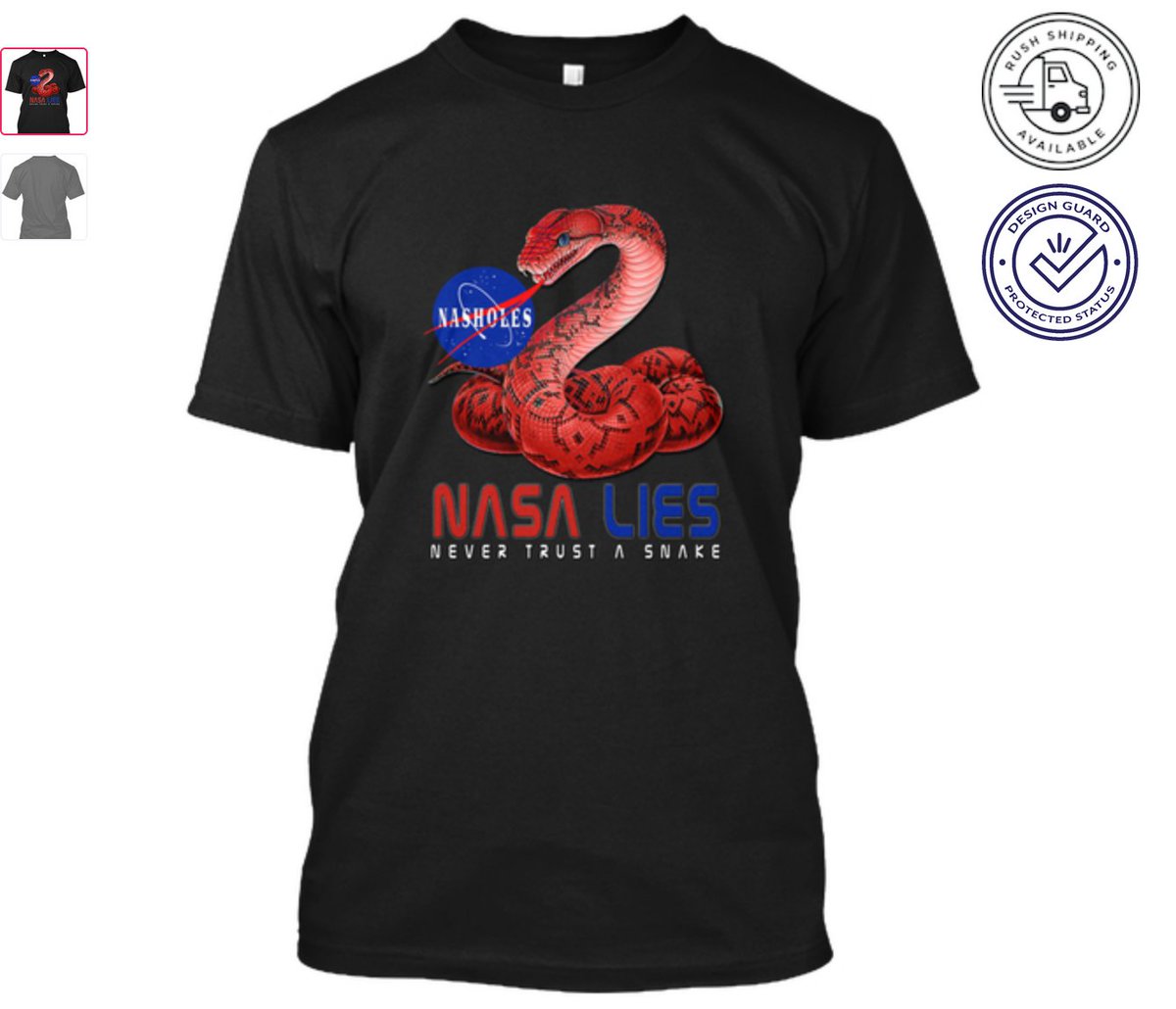In 1954, Ray was a milkshake salesman. Business wasn't exactly booming.
One day, he called his secretary from the road. To his surprise, someone had ordered six five-milkshake mixers.
Who needed to mix 30 milkshakes at a time?
Ray thought: "What if that's wrong?"
He called the restaurant. The owner was terse.
"What? Six mixers? Yes, that's us. Actually, make it eight! Gotta go!"
Now, Ray was even more confused.
Once again, he thought: "What if that's wrong?"
He decided to drive to the place himself. After a 26-hour drive, he got to San Bernardino.
What he saw was a long queue and people standing around in the parking lot, munching on their burgers.
When he got the front window, Ray ordered a burger, a Coke, and fries.
The cashier returned the food right with his change.
Ray said: "No no, that's wrong! I just ordered!"
And the cashier said: "Yeah, and now, you're food is here."
Ray was stunned.
"What about utensils?"
"There aren't any. You just eat it from the wrapper."
"And where?"
"Anywhere!"
Incredulously, Ray ate his arguably delicious burger on a bench.
The owner walked by: "Hey there! Like the food?"
"Yup! And you are?"
"Maurice McDonald. You can call me Mac."
They shook hands...and the rest is history.
Ray wasn't born as an entrepreneur. He became one.
He held many jobs before McDonald's. Ambulance driver, real estate agent, piano player in a band.
But there was always that one question: "What if that's wrong?"
He later became a cutthroat business man and made some questionable decisions along the way.
He replaced recipes without the McDonald's brothers' approval, for example.
It is also said he didn't give them the buyout deal they deserved, but the stories vary a lot there.
The point is Ray undeniably turned McDonald’s into one of the biggest, richest, and most-well known brands in the world — and he did it with just one, ever-repeating, relentlessly curious question:
“What if that’s wrong?”
All the way through, Ray kept going. Asking.
Whenever he thought something was wrong — or even just might be — he continued down the rabbit hole.
That question is what made Ray an entrepreneur — and his endeavor a name everyone in the world recognizes today.
If you’re an employee but want to be an entrepreneur, you only need one question.
As long as you keep asking it, your journey will never end.
It’s not always a comfortable question to ask, and you won’t always like the answers you’ll find.
You’ll obsess over it, and, sometimes, it won’t let you sleep at night.
The question is like a dog with a bone, a freight train even. Nothing can stop it. It’s relentless.
It doubts anything and anyone, including you, every idea you’ll ever have, and every decision you’ll ever make.
This same question, however, provides the basis of human civilization. It is the soil on which we grow freedom for individuals and nations. It is the sword of science and the revolver of human rights.
If our greatest thinkers, movers, and makers hadn’t sacrificed their peace of mind over this question, none of us would be here.
This question is the only question you need to understand how entrepreneurs think, act, and why they do what they do.
It is the foundation of any movement or company you read about in the books of history today.
“What if that’s wrong?”
That is the question. Be bold enough to ask it.
If you like inspiring stories like this, I share them every week on my newsletter, You:
https://t.co/riErAsPSEa Join for more motivation from history's raddest people!

